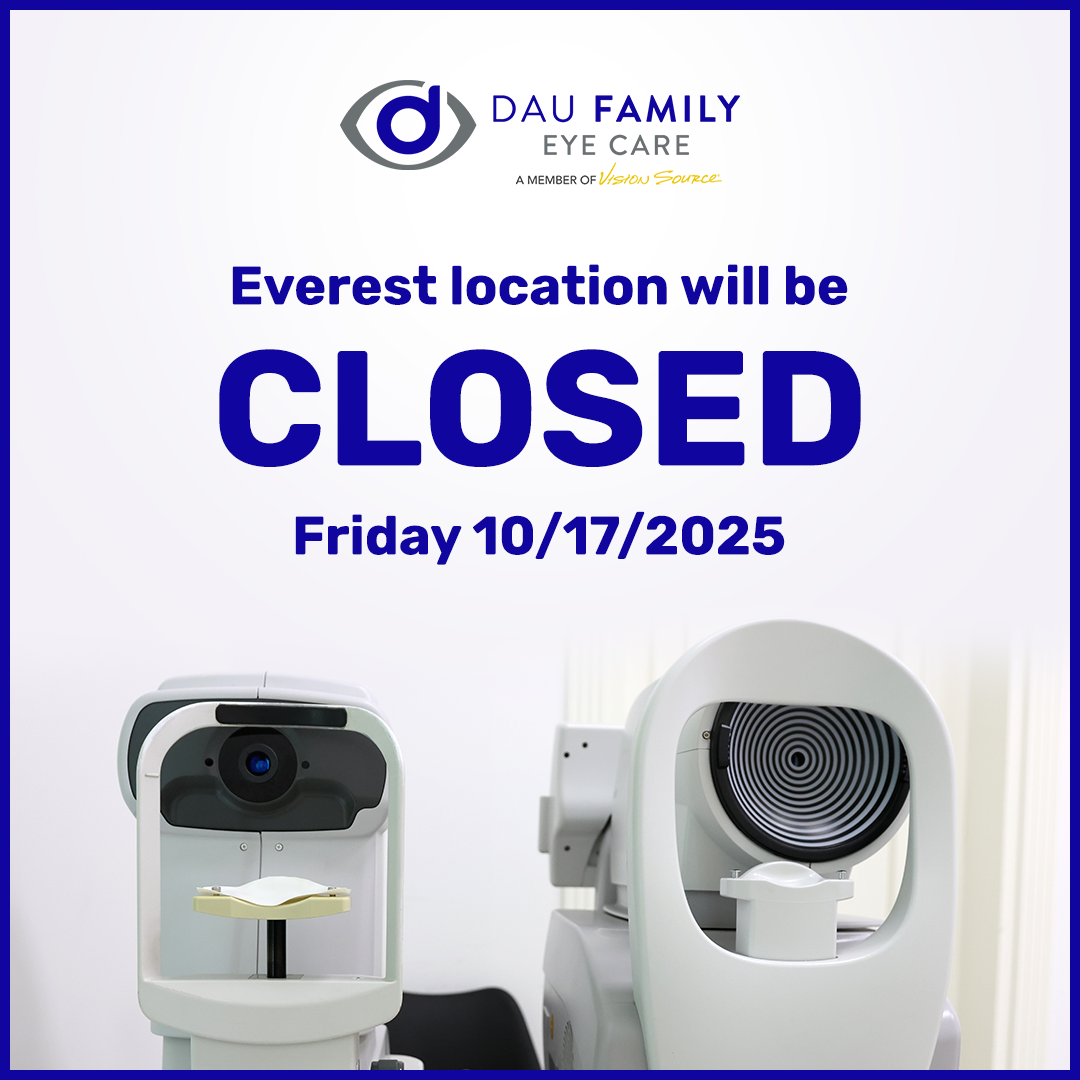
The American Association for Pediatric Ophthalmology and Strabismus urges parents to bring their children to the pediatric eye doctor at an early age. Making sure that your child has a good start in life is a crucial part of your child’s development. Good eyesight is a major part of that good start. If you want to find out when to start your child’s eye exams and what to expect, here’s what you should know.
The Right Time
One of the best ways to give children a good start is to care for their eyes. Their proper development is a top priority. Good eyesight is crucial to their first learning stages. Bringing infants and young children to the pediatric eye doctor helps prevent eye disorders. It also enables pediatric ophthalmologists to spot eye problems even before your child reaches school age. Early treatments for eye problems can prevent them from worsening. This gives your child a fair chance by the time the schooling years arrive.
At birth, pediatricians test for light reflexes and ocular alignment. They also check for proper external eye structures. Experts recommend starting routine eye exams when your child turns six months. The eye exam should repeat at age three and then at age five or six (grade school age).
Routine eye exams are more important in kids with a parent or sibling suffering from a major eye problem. Amblyopia (lazy eye) and strabismus (cross-eyed) are examples of these eye issues. Routine eye exams help children who have an eye problem detected by the pediatrician. These eye exams also help parents who think their kid has an eye problem.
What to Expect
Your pediatric ophthalmologist will have three goals during your child’s first eye exam:
- To rule out eye diseases, including tumors, congenital cataracts, and retinal disorders.
- To rule out severe astigmatism, farsightedness or nearsightedness.
- To rule out binocular and eye muscle problems like strabismus.
Your pediatric ophthalmologist will check your baby’s eyesight by looking at how your baby’s eyes react to light. Next is if the baby will follow a moving object or look at someone’s face. Your pediatric eye doctor will also perform more advanced vision tests if it is paramount. These include placing dilating eye drops into the eyes of your baby. This will allow the temporary dilation of your baby’s pupils.
Then, your pediatric ophthalmologist will use an instrument to see if your baby has astigmatism, nearsightedness or farsightedness. It is common for babies to be farsighted at the moment of birth. Your baby will outgrow this by age three to five. Your baby can wear small prescription eyeglasses if your pediatric eye doctor recommends them. Your pediatric eye doctor will also use an ophthalmoscope to check the overall eye health of your baby.
Early routine eye exams help prevent the development of eye disorders. They can also detect early eye disorders and treat them right away. At Dau Family Eye Care, we encourage new parents to bring their babies in for their first routine eye checks. Please visit our clinic in St. John’s, Florida, for an in-person consultation. You can also call us at 904-713-2020 if you want to set an appointment or make inquiries about our pediatric routine eye exam packages.





